The war on climate change is quietly rewriting the rules of modern life.

It used to feel like caring about the environment was just common sense—recycle, don’t litter, maybe drive a little less. Now, it feels like something else entirely. Climate change is real, no doubt about it. But the way it’s being talked about—and legislated—is starting to raise eyebrows. Rules are getting tighter, options are shrinking, and everyday choices are suddenly framed as moral decisions. It’s not just about saving the planet anymore; it’s about control, guilt, and fear.
You can believe in science and still question how far this is going. It’s okay to want clean air and water without feeling like you’re being herded into a lifestyle you didn’t choose. Somewhere along the line, the conversation stopped being balanced. Now it feels like speaking up about the downsides makes you the villain. But if it’s really about protecting the future, shouldn’t honest discussion still be allowed?
1. Your ability to drive what you want is slowly being phased out.
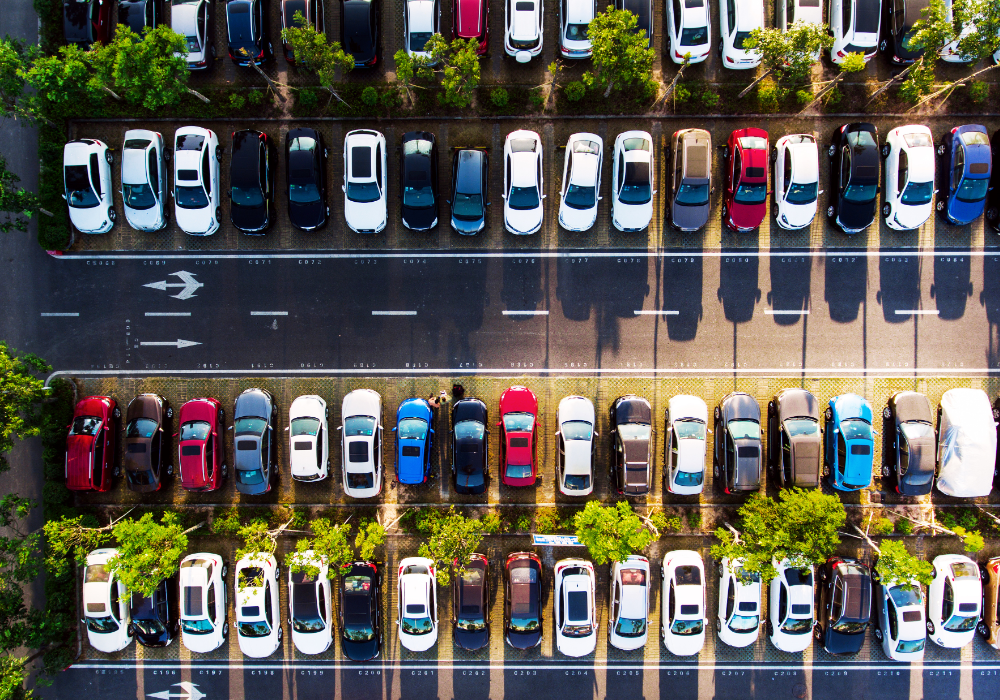
Says Tyler Graham writing for CNET, more cities and states are introducing restrictions on gas-powered vehicles, and while the intention is to reduce emissions, the shift is happening faster than many people can reasonably adjust to. If you love your current car or can’t afford an EV just yet, you might feel pushed into a corner. Some areas are rolling out higher fees, limited access zones, or even bans on older vehicles.
For those in rural or low-income areas, where electric charging infrastructure is still spotty, the options are even more limited. It’s one thing to encourage greener choices—it’s another to make people feel punished for not being able to keep up. You might support clean energy and still feel uncomfortable with how quickly personal transportation choices are narrowing. It’s a reminder that environmental goals and individual freedoms aren’t always moving at the same pace.
2. Your thermostat may no longer be entirely under your control.

There’s growing pressure to limit home energy use, especially during peak times, according to experts at Sanalife. In some areas, smart thermostats can even be overridden remotely by utility companies during high-demand periods. It might sound efficient—and in many ways, it is—but it also means giving up a little autonomy in your own home. You go to adjust the temperature, only to realize someone else already did it for you. That can feel unsettling, especially when it’s 100 degrees out and you’re trying to sleep.
Energy conservation matters, no doubt. But for people who value privacy or have health concerns tied to temperature, it starts to feel like a line is being crossed. You’re not wasting electricity just for fun—you just want to be comfortable. When climate measures start interfering with basic choices at home, it’s fair to ask how far is too far.
3. You might soon need permission to travel the way you used to.

Air travel is getting more scrutiny, with talk of limiting frequent flyers or adding heavy carbon taxes to make flying less appealing, writes Jason Ye, in a report for the Center for Climate and Energy Solutions. For people with family overseas, work travel, or even just a love of exploring new places, it starts to feel like your personal life is on the chopping block. It’s one thing to be encouraged to offset your carbon footprint—it’s another to be guilt-tripped or priced out of a plane ticket altogether.
Travel used to be about freedom and discovery. Now it can feel like you’re being judged or penalized for it. Not everyone has the time or flexibility to take a slow train or ride-share across continents. You shouldn’t have to justify a vacation like it’s a moral decision. It’s possible to care about the environment and still want to see the world.
4. You’re being told what you can and can’t eat—and it’s getting personal.

Food choices have always been personal, tied to culture, family, and even comfort. But climate-focused messaging around meat, dairy, and other staples is becoming more intense. Some places are removing certain foods from public menus, or pushing plant-based options to the point where it feels like the old standards are being erased. Trying new things isn’t bad—but it hits differently when the options you’ve grown up with are treated like a problem.
You might start to feel guilty grabbing a burger or serving bacon at brunch. The goal of reducing emissions through diet has merit, but when policies start steering what people eat, it gets complicated fast. Everyone deserves the right to make informed decisions about what they consume without pressure or shame. Healthy change works best when it’s about choice—not force.
5. You could lose the freedom to build or renovate your home your way.
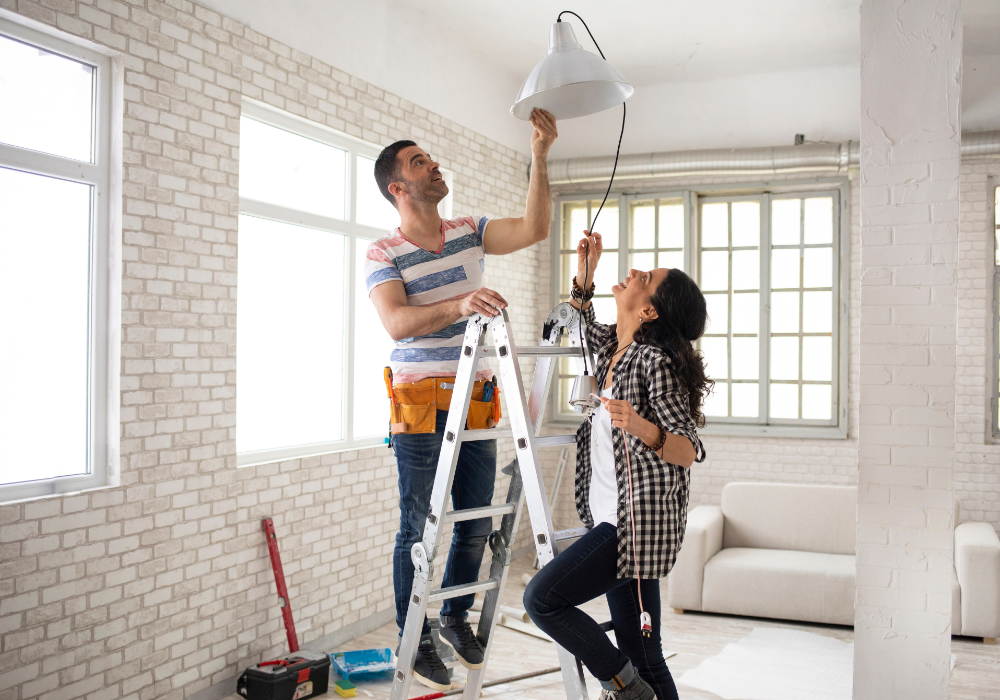
New building codes focused on energy efficiency are making it harder for homeowners to make their own decisions about how to design or upgrade their spaces. Solar panels, insulation standards, and appliance requirements are being mandated in more places, often without much room for personal preference or budget. While these changes can improve sustainability, they can also drive up costs and limit creative control. You may want to preserve the character of an older home or choose materials that fit your aesthetic, but find yourself boxed in by regulations.
It’s not that energy-conscious homes are a bad idea—they’re often smart investments—but they shouldn’t come at the cost of individual expression and affordability. Renovating your space should feel empowering, not like you’re jumping through hoops to meet environmental checklists you had no say in.
6. Your shopping habits are being shaped by climate pressure.

It’s getting harder to make everyday purchases without some kind of eco-message attached. Clothing brands are dropping traditional materials, products are being pulled for not meeting sustainability standards, and packaging is changing rapidly. That’s not necessarily bad, but it can start to feel like your choices are shrinking. Maybe you liked that old shampoo brand or trusted a product that’s now been “reformulated” to be greener—but not better. Some stores are even limiting how much of certain items you can buy, like water bottles or disposable goods.
For people on tight budgets or with specific preferences, the shift can feel overwhelming or restrictive. Caring about the planet doesn’t mean you’re ready to change your entire lifestyle overnight. It’s okay to want more options, even if they aren’t perfectly green. Progress shouldn’t feel like pressure.
7. You may be pushed into lifestyle changes you never signed up for.
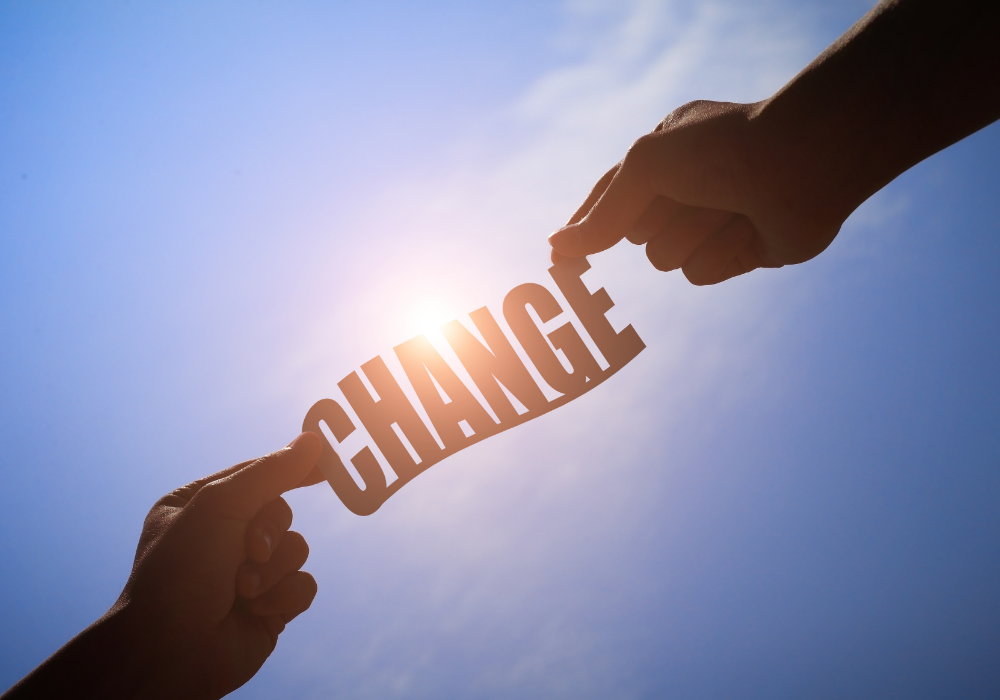
As governments and companies work toward climate goals, they’re encouraging major shifts in how people live. That could mean downsizing your home, living in denser neighborhoods, or giving up your backyard garden to make room for more housing or green infrastructure. While these moves can support a healthier planet, they can also feel like your personal lifestyle is being rewritten.
Not everyone wants to live in a tiny apartment or share walls with strangers. It’s one thing to suggest better city planning—it’s another to imply your current way of life is selfish or outdated. You shouldn’t be made to feel like your preferences are obstacles to progress. Adapting to change is part of life, but so is having a say in how you live it.
8. You could be penalized financially just for living normally.
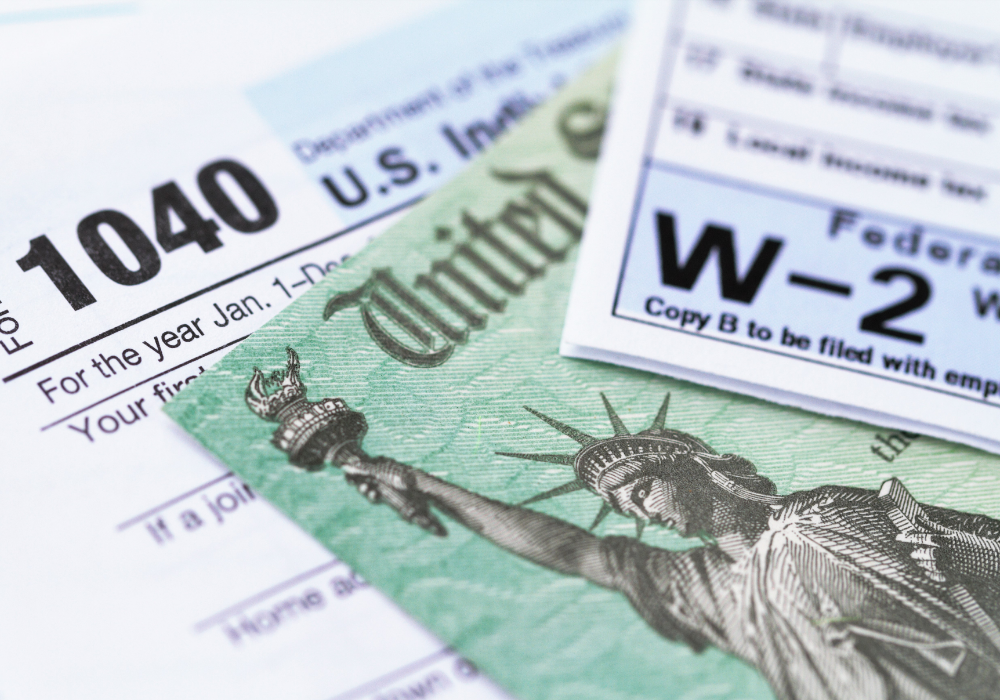
Climate-related fees and taxes are being introduced on everything from energy use to travel and even waste disposal. While some of these charges aim to encourage greener behavior, they can end up hitting average people the hardest. Suddenly, your electricity bill is higher, your commute is more expensive, and your grocery total sneaks up because of new regulations. For people just trying to make ends meet, these costs add up fast. It can feel like you’re being punished for simply participating in daily life.
Yes, we need to shift toward more sustainable systems—but fairness matters. Burdens shouldn’t fall hardest on those with the fewest choices. A green future should be inclusive, not something you have to buy your way into.
9. Your voice might be drowned out in the climate conversation.
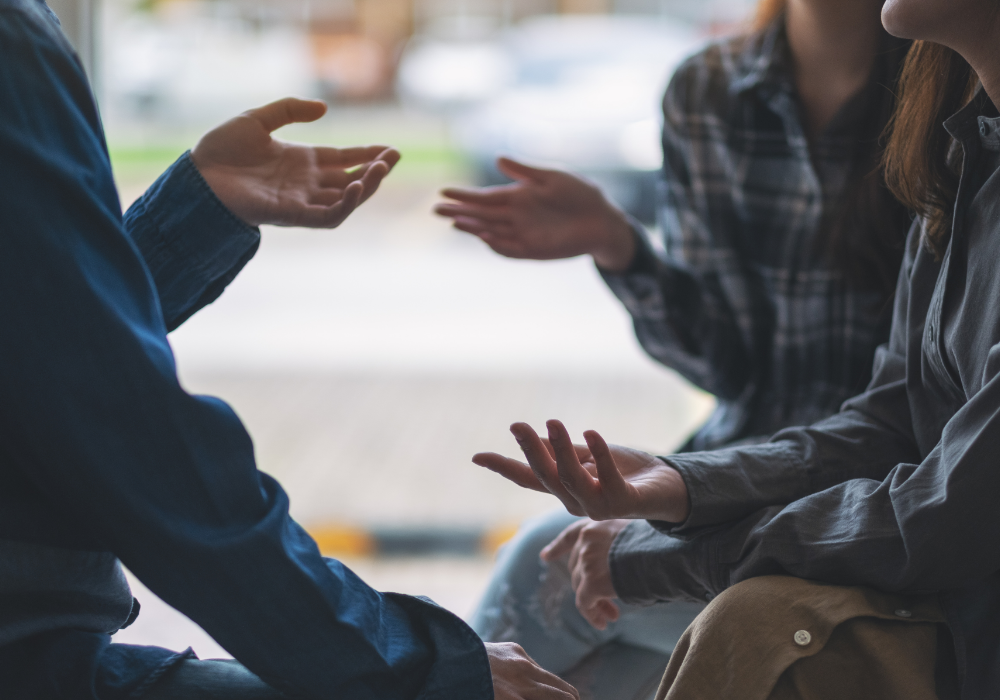
More people are hesitant to speak up about concerns they have around climate policies because the debate has become so polarized. If you question a rule or express frustration with a restriction, you risk being labeled anti-science or selfish. That kind of environment shuts down real conversation. Most people aren’t denying climate change—they just want to talk about the trade-offs without being attacked.
Honest dialogue is how society finds balanced solutions, but when fear of judgment enters the mix, people go silent. That doesn’t help anyone. It’s okay to support the mission while still asking tough questions about how it’s being carried out. Being thoughtful isn’t the same as being resistant.
10. Your kids are being taught there’s only one way to think about the planet.

Environmental education is important, but some parents are starting to feel like their kids are being exposed to a one-sided, fear-heavy view of climate change. Instead of inspiring responsibility, it can lead to anxiety or even shame. Children come home stressed about the future, worried they’re “bad” for liking certain things or using common items.
It’s not about hiding the truth—it’s about presenting it in a way that encourages critical thinking, resilience, and hope. Teaching kids how to help the planet is great. But we also need to teach them how to ask questions, explore different viewpoints, and grow into informed, confident adults. There’s a line between education and indoctrination—and it’s worth paying attention to.
11. You may be nudged into digital alternatives you didn’t ask for.

In an effort to cut emissions, some services are going entirely online—banking, billing, meetings, even public events. While convenient for some, this shift isn’t ideal for everyone. It can feel isolating or frustrating, especially if you value face-to-face interaction or aren’t tech-savvy. Not everyone wants to live their life on a screen.
And when in-person options disappear, it stops being a choice. Sustainability shouldn’t mean cutting off human connection or accessibility. It’s great to have digital tools—but we also need to make sure they’re not replacing meaningful parts of everyday life. Going green should include space for real-world interaction, not just virtual efficiency.
12. You could be made to feel guilty just for enjoying your life.

There’s a growing cultural pressure to “green-justify” every action—what you wear, where you go, how you relax. And while awareness is a good thing, it can cross into judgment quickly. People are second-guessing simple pleasures, feeling like they have to apologize for going on vacation, ordering takeout, or buying something new. That constant self-monitoring isn’t healthy. Climate change is serious, but so is mental well-being.
A sustainable future should still allow room for joy, spontaneity, and individuality. If you start feeling bad for living your life, it’s worth asking: are we solving a problem—or just shifting the weight of it onto everyday people trying to do their best?